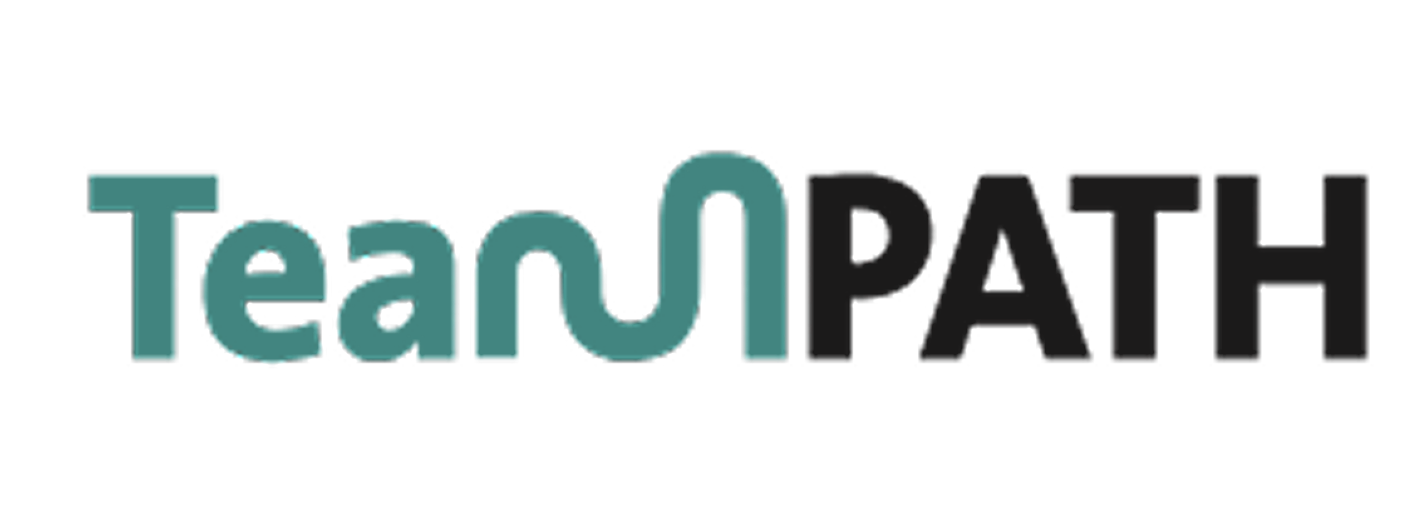Coaching Makes the Difference: Turning Teacher Training Into Real-World Results

Team Science – With a Twist
At TeamPath, we like our advice backed by evidence. But let’s be honest—academic research on teams can be a bit dry. So we’ve asked AI to turn top team science papers into podcast-style conversations.
The result? Something like John and Gail from Pitch Perfect—if they swapped a cappella commentary for team dynamics. John’s blunt and occasionally inappropriate. Gail’s sharp and slightly over it. Together, they break down the science so you don’t have to. It’s research, with a little banter.
Disclaimer: These episodes are AI-generated. While we aim for accuracy, the bots may occasionally go rogue.
Training alone rarely leads to real change. But when teachers receive structured peer coaching, their chances of actually using new methods in class skyrocket—from under 5% to over 80%.
Based on: Joyce, B., & Showers, B. (1982). The Coaching of Teaching. Educational Leadership, 40(1), 4–10.
1. Key Findings
Bruce Joyce and Beverly Showers tackled a persistent problem in professional development: teachers often attend training, learn new strategies, and then… go back to their old ways. Why? Because knowing what to do is not the same as knowing how to do it under real classroom conditions.
Their research laid out a clear pathway for skill transfer:
- Theoretical study – Understanding why a method works.
- Demonstration – Watching experts model it in action.
- Protected practice – Trying it in a safe, low-stakes setting.
- Feedback – Getting specific input on technique and execution.
- Peer coaching – Working with colleagues to embed the new practice in everyday teaching.
Each step matters—but coaching turned out to be the game-changer. They found:
- Training alone resulted in less than 5% classroom implementation.
- Adding peer coaching boosted that number to over 80%.
This was one of the first empirical demonstrations that coaching is the bridge between learning and doing. It helped teachers adapt new methods to their own classrooms, reflect on their practice, and build confidence through repetition and support.
2. Current Thinking
Joyce and Showers’ findings have stood the test of time. Today, the importance of coaching is widely recognized across fields—from education to business, from healthcare to tech Modern approaches to professional learning are built on their findings:
- Instructional coaching is a cornerstone of school improvement strategies.
- Peer feedback loops and collaborative inquiry cycles are central to learning organizations.
- Communities of practice and peer mentoring are core features in leadership development programs.
What’s evolved is how we think about coaching. It's no longer just about giving feedback—it’s about co-reflection, building trust, and fostering psychological safety. The best coaching happens when people share goals, feel supported, and can experiment without fear of judgment. This evolution builds directly on the foundation Joyce and Showers laid: coaching isn’t an add-on. It’s the essential process that makes learning stick.
3. Why This Matters for Team Path
Joyce and Showers' research offers a powerful reminder: learning alone doesn’t lead to change—coaching does. It’s not the workshop or the training that shifts behavior. It’s the ongoing support, shared reflection, and safe practice that follow.
At Team Path, we aim to bring that same spirit into modern team development. Like Joyce and Showers, we believe that:
- People learn best with each other, not in isolation.
- Habits form through repetition, reflection, and support—not just understanding.
- Structured peer interactions can turn ideas into actions that stick.
We try to build those conditions into the everyday rhythm of teams—through small, supported steps and collaborative routines. Our approach isn’t a finished product; it’s an evolving attempt to make the powerful principles behind peer coaching more accessible and more actionable.
This podcast includes content generated with the help of artificial intelligence. While we've done our best to guide and review the conversation, there may be occasional errors or inaccuracies. Please listen with that in mind and always double-check any critical information. Thanks for your understanding!
See how TeamPath can transform your team’s performance today


